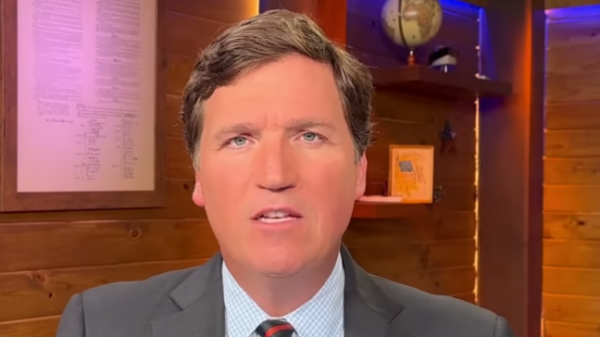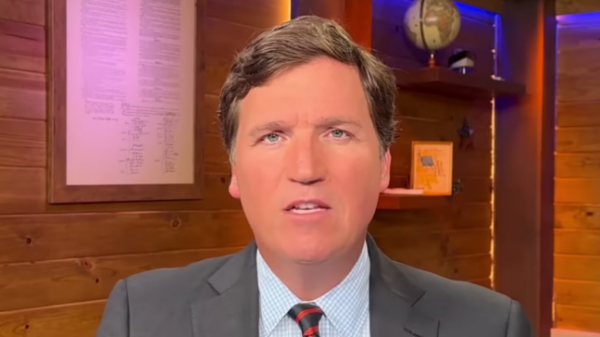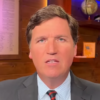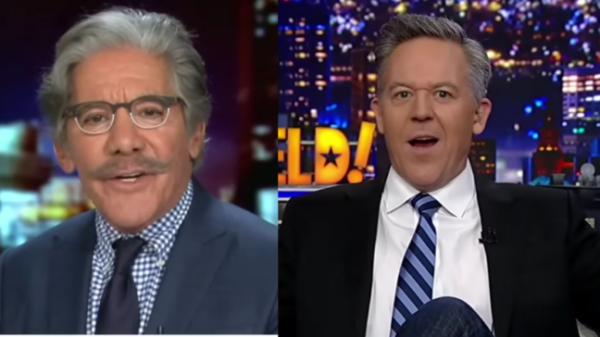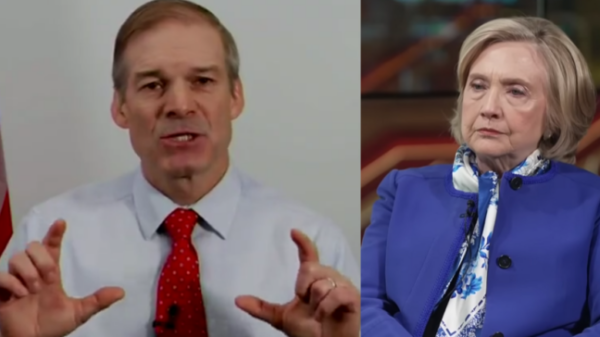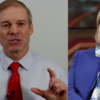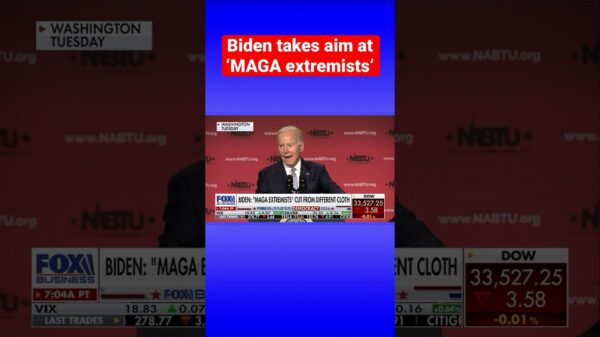Chances are you haven’t heard the term “manifest destiny” since high school history class. That is until President Trump’s inaugural address last month, when he used it to call for America to “plant the Stars and Stripes on the planet Mars.”
The 19th century term describes a belief in American exceptionalism and a divine right to expand into lands in North America where indigenous people and Mexicans lived. “It’s fascinating to see this term come back, because the whole concept of expanding the country, of course, is at the core of the American experience,” Michael O’Hanlon, a senior fellow at the Brookings Institution, says.
When Trump discusses the U.S. acquiring Greenland, making Canada the “51st state,” threatens to “take back” the Panama Canal and most recently suggested the U.S. would take over Gaza, he wipes the dust off other notions of American imperialism that haven’t been an overt part of U.S. aims since the days of Teddy Roosevelt.
Trump, O’Hanlon says, “has a long historical tradition to build upon.”
What is the origin of the term “manifest destiny”?
James K. Polk won the presidency in 1845 on an explicitly expansionist platform: acquire California and other land in the Southwest, annex the then-independent Republic of Texas and settle a dispute with Britain for control of the Oregon Territory. (Another Polk promise, by the way: reducing import tariffs).

James Knox Polk, eleventh President of the United States serving from 1845 to 1849.
National Archives/Getty Images/Hulton Archive
The term manifest destiny was coined by journalist John O’Sullivan that year in an essay praising the annexation of Texas and looking ahead to California — then part of Mexico — as being the next.
More generally, the term was a form of American exceptionalism that came to mean the inevitable east-to-west occupation of the North American continent, often expressed in messianic terms.
Although the term was created in the 19th century, it hearkens back to the first European settlers who believed their quest was divinely inspired, according to the Smithsonian American Art Museum.
“Manifest Destiny was meant as this notion that America was destined to control all of this territory… we have to have all of this land because we were exceptional,” said Susan D. Page, the first U.S. ambassador to South Sudan, who’s now a professor at the University of Michigan Law School.
Does the term describe Trump’s brand of diplomacy?
In part. “There are some surface-level parallels,” says Will Freeman, fellow for Latin America Studies at the Council on Foreign Relations. “It seems Trump and those around him are fairly serious about making this a time of U.S. territorial expansion.”
But when Trump talks about Canada, Greenland and Panama, he also taps into manifest destiny’s source code — the Monroe Doctrine, first espoused by President James Monroe in 1823 as a warning to European powers against interfering in the affairs of the Western Hemisphere. As Stewart Patrick, a senior fellow at the Carnegie Endowment for International Peace notes, Polk invoked the Monroe Doctrine as a justification first for annexing Texas — to prevent it from becoming “an ally or dependency of some foreign nation more powerful than [the United States],” in Polk’s words — and later for war with Mexico (1846-1848). In 1867, President Andrew Johnson similarly cited it as a rationale for purchasing Alaska.
“The Monroe Doctrine historically has been the United States’ way of relating to its own sphere … although it’s changed meaning over time,” Freeman says.
By the end of the 19th century, the Monroe Doctrine took on a more robust implication, Patrick notes. It was “understood to imply that the entire Western Hemisphere was an American preserve,” he writes.
Another historical parallel can be drawn with Trump’s aggressive use of tariffs and threats of them and the arrival in 1853 of a flotilla of U.S. warships in Tokyo Bay. The ships were meant to bully Japan into opening its ports to U.S. trade. The tactic came to be known as “gunboat diplomacy” and it would be reshaped by President Theodore Roosevelt into his “big stick” maxim of persuasion coupled with the threat of force to achieve goals on the international stage.

Theodore Roosevelt, the 26th President of the United States of America (1901-1909), in the uniform of a Lieutenant-Colonel of the Rough Riders, a volunteer cavalry unit which he led during the Spanish-American war.
Hulton Archive/Getty Images/Hulton Archive
“Trump seems to be reinventing ‘big stick diplomacy’ in the Americas for the 21st century, only without the ‘speak softly’ part,” says Freeman.







